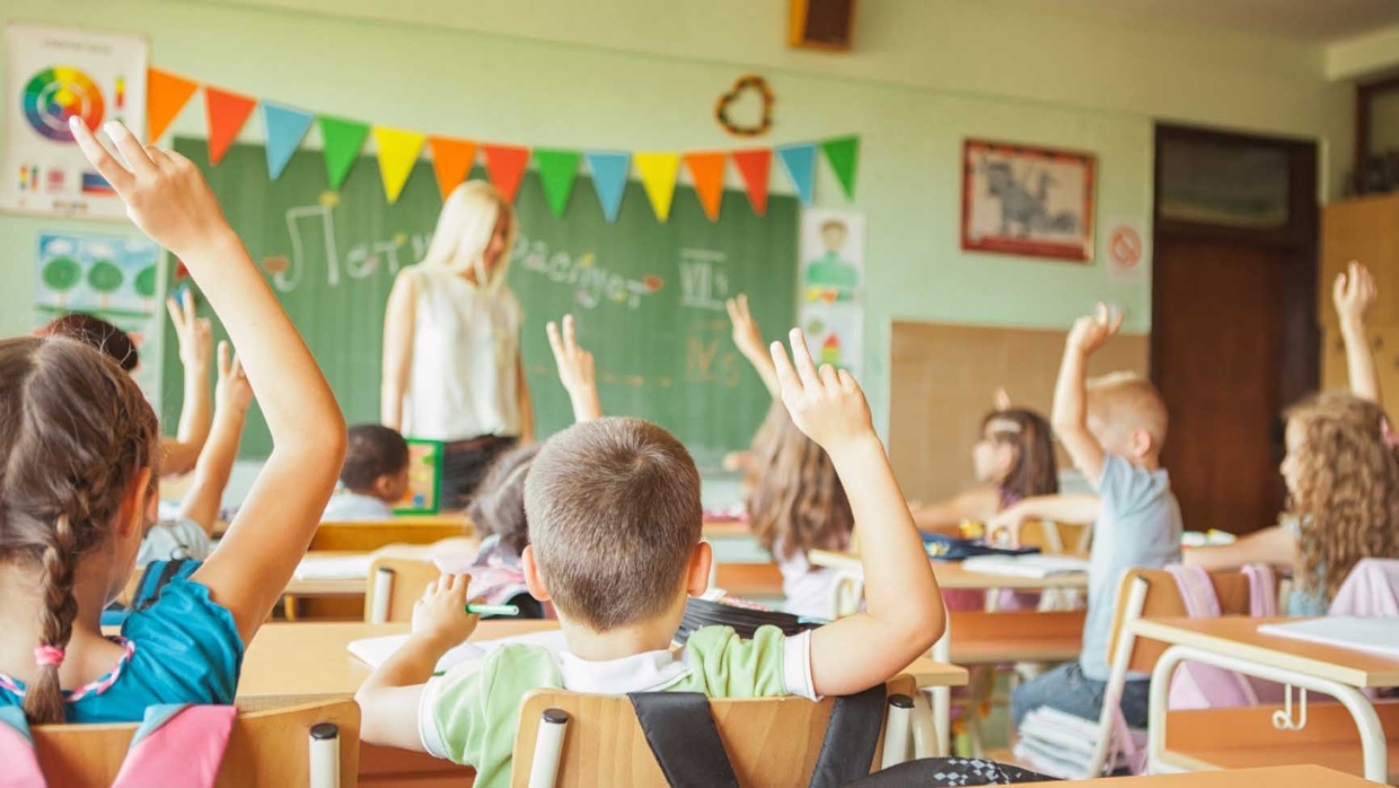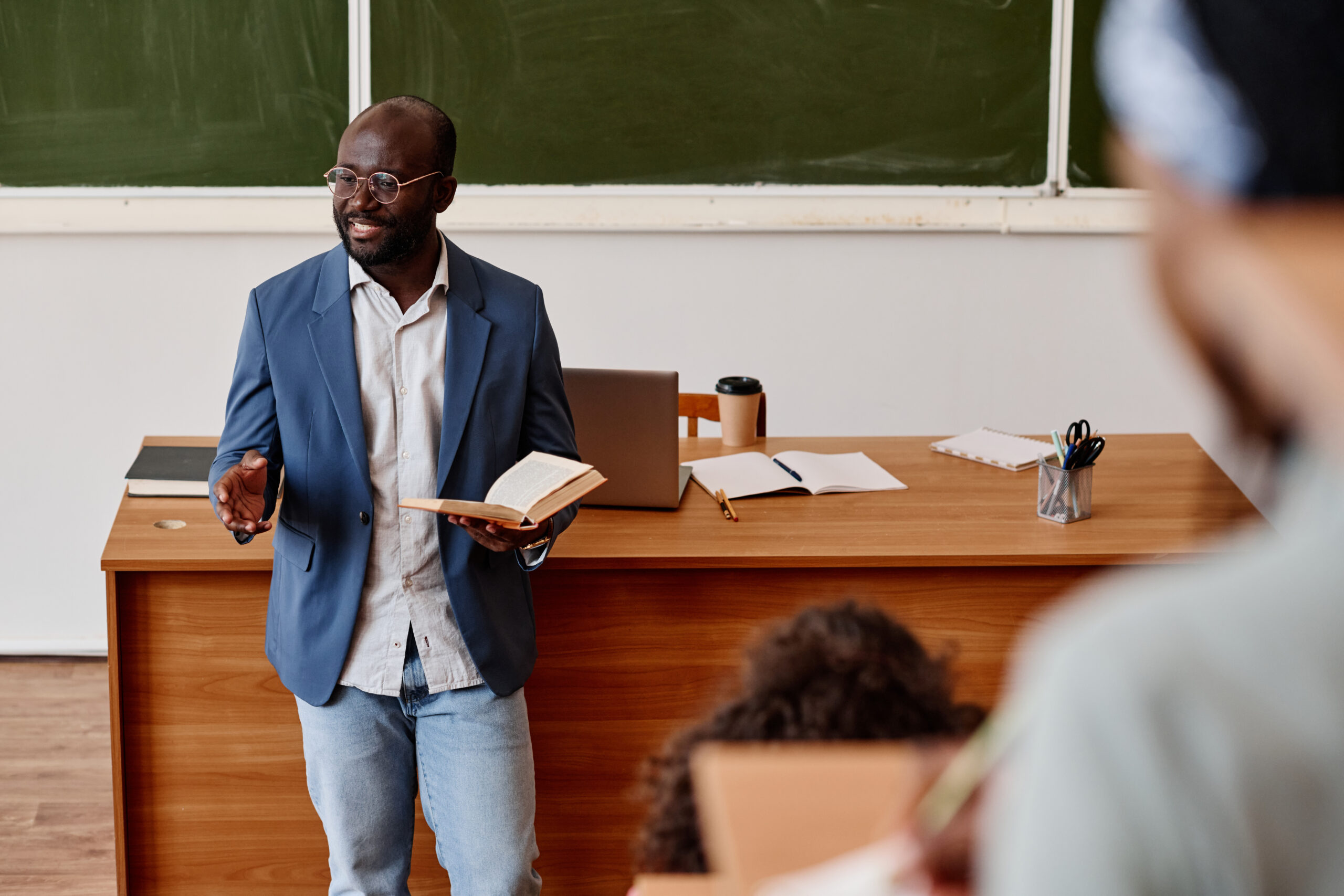Effective Primary Science Tuition Singapore for Better Exam Results
Effective Primary Science Tuition Singapore for Better Exam Results
Blog Article
Checking Out the Different Mentor Approaches in Key Science Education And Learning Today
Inquiry-based understanding, hands-on experiments, and the assimilation of modern technology are redefining just how instructors involve young minds. Furthermore, collaborative strategies and distinguished guideline are being utilized to cater to the diverse requirements of students, boosting both engagement and understanding.
Inquiry-Based Discovering
Inquiry-Based Learning (IBL) is an instructional technique that encourages pupils to check out clinical principles with wondering about, investigation, and hands-on trial and error. This approach emphasizes the duty of trainees as active individuals in their discovering, promoting vital reasoning and analytical abilities. By involving with real-world questions, trainees become inspired and interested, which improves their understanding of scientific principles.
In IBL, educators function as facilitators, directing pupils as they navigate their queries instead of supplying details straight. This student-centered technique enables differentiation, suiting different discovering designs and speeds. Pupils establish skills in creating hypotheses, creating experiments, and assessing data, which are essential for clinical proficiency.
Additionally, IBL promotes collaboration among trainees, encouraging them to share ideas and searchings for. This cumulative query promotes social skills and a feeling of area within the class. The process of query encourages durability, as students discover to accept failing as a tipping stone toward understanding.
Hands-On Experiments
Hands-on experiments are a vital component of effective science education, enhancing the concepts of inquiry-based learning. These experiments allow trainees to involve straight with clinical ideas, cultivating a much deeper understanding through experiential understanding. By adjusting materials and observing end results, young students can grasp abstract concepts in concrete ways.
Such tasks advertise crucial thinking and problem-solving skills, as trainees hypothesize outcomes, conduct experiments, and examine results. This process encourages them to ask concerns, improve their understanding, and create a scientific way of thinking. Moreover, hands-on experiments can be customized to varied learning designs, guaranteeing that all pupils have the chance to engage meaningfully with the material.
In addition, hands-on experiments commonly motivate cooperation amongst peers, advertising team effort and communication skills. Operating in groups enables students to share concepts, review searchings for, and learn from each other, which boosts their general academic experience.
Incorporating hands-on experiments right into the main science curriculum not only enriches the finding out environment but additionally cultivates a lifelong passion in science. By actively joining their education and learning, students are more probable to establish a passion for scientific inquiry that prolongs beyond the class.

Modern Technology Integration
Incorporating innovation into main science education has come to be increasingly crucial in cultivating trainee involvement and improving finding out end results. Making use of digital tools, such as interactive simulations, virtual laboratories, and educational software application, gives students with opportunities to explore clinical ideas in ingenious ways. These sources promote a deeper understanding of complicated subjects by permitting students to envision and manipulate variables that would certainly be impractical in a typical classroom setting.
Furthermore, innovation integration urges customized learning experiences. Students can progress at their find out this here very own rate, taking another look at difficult concepts through multimedia resources, which accommodate various understanding designs. This adaptability not only supports private growth but additionally grows a sense of freedom in students.
Additionally, innovation works as a bridge to real-world scientific research, attaching trainees with current study and professional contributions. Accessibility to scientific journals and on-line databases widens trainees' point of views on scientific query and fosters important believing skills.
Collaborative Knowing
Collaborative learning plays an important function in primary scientific research education by cultivating teamwork and communication skills amongst pupils. This strategy urges students to collaborate, share knowledge, and involve in analytic, which enhances their understanding of clinical concepts. By taking part in group tasks, students learn to express their concepts, pay attention to varied point of views, and negotiate solutions, every one of which are necessary skills in both scholastic and real-world contexts.

Research study suggests that joint knowing can bring about boosted motivation and involvement in science topics, as pupils discover enjoyment in common experiences (primary science tuition Singapore). Furthermore, this approach prepares trainees for future joint endeavors, furnishing them with the abilities required for reliable team effort in greater education and professional atmospheres. Eventually, accepting collaborative understanding in main scientific research education and learning can considerably enhance the learning experience and advertise a deeper Web Site understanding of scientific questions
Separated Guideline

Set apart direction can materialize in various ways, such as differing the material, processes, or products of knowing. For circumstances, teachers may make use of tiered jobs that offer varying degrees of intricacy, enabling trainees to work at their particular readiness levels. Additionally, adaptable organizing methods can help with cooperation among pupils with different capacities, fostering peer understanding.
Assessment plays a crucial role in this strategy, as it notifies instruction and aids instructors understand each student's special demands. Formative analyses, such as observations and tests, can lead instructors in adjusting their methods to improve learning outcomes. primary science tuition Singapore. Ultimately, by carrying out separated direction in main scientific research education, instructors can grow a much more reliable and fair learning official source atmosphere, encouraging all trainees to reach their complete capacity in comprehending scientific phenomena
Verdict
In summary, the diverse training methods in main scientific research education and learning, consisting of inquiry-based discovering, hands-on experiments, modern technology combination, collaborative understanding, and set apart instruction, collectively add to an extra effective discovering environment. These techniques promote critical reasoning, problem-solving skills, and a much deeper understanding of clinical principles. By executing these techniques, educators can develop supportive and engaging classrooms that attend to the diverse demands of students, inevitably promoting a long-lasting passion in scientific research and enhancing academic accomplishment.
Inquiry-Based Discovering (IBL) is a pedagogical method that encourages trainees to explore clinical concepts through questioning, investigation, and hands-on trial and error.Collective knowing plays an essential function in main science education by cultivating teamwork and communication abilities amongst pupils.Research suggests that collective understanding can lead to enhanced motivation and interaction in science subjects, as pupils locate satisfaction in common experiences.In fostering a comprehensive learning environment, separated direction arises as a vital technique to fit the varied needs and capacities of trainees in primary science education and learning. Inevitably, by applying distinguished direction in primary scientific research education, teachers can cultivate a more effective and fair understanding setting, encouraging all trainees to reach their complete possibility in recognizing clinical sensations.
Report this page